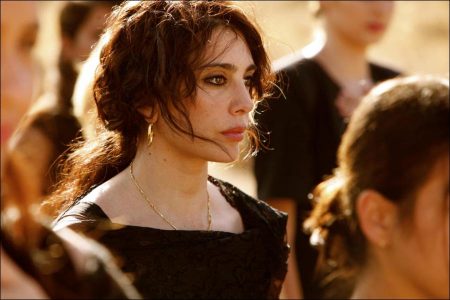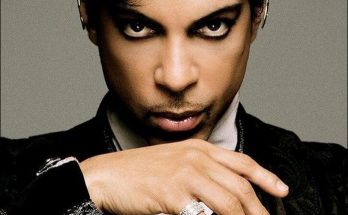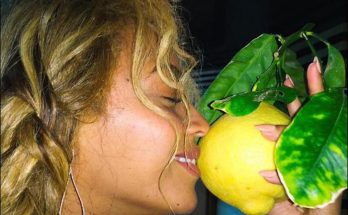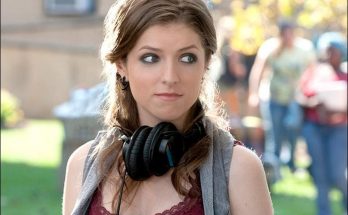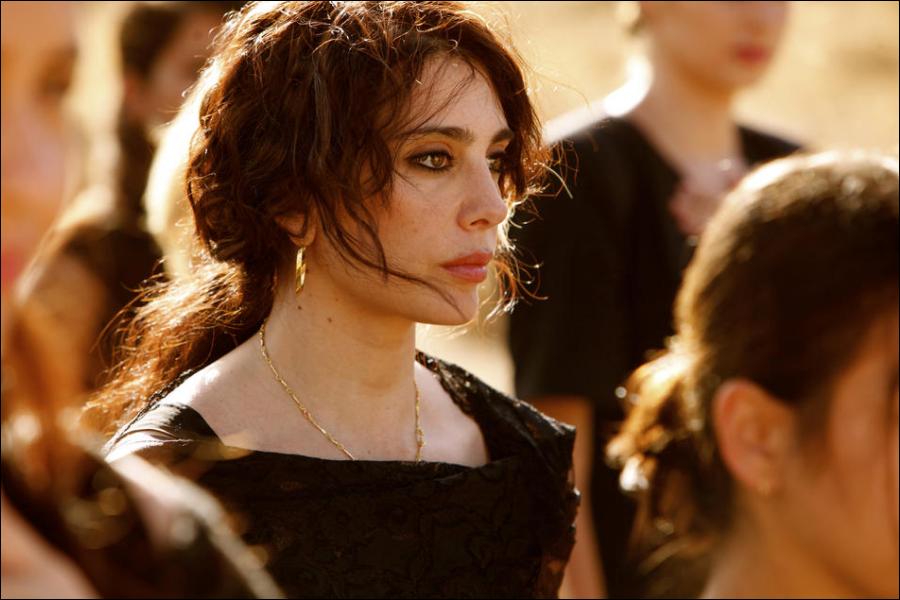Nadine Labaki: This movie is a cry for help. Growing up in Lebanon as a little girl, my childhood was synchronized between home and shelter. Living in a country adorned in politics, secular perturbations, and injustice, our lives evolved around continuous wars. Most of our days were spent in confinement behind sacks of sand. There were times when it was too dangerous to even leave our homes. We couldn’t go to school, we couldn’t go outside to play, and we couldn’t practice what normal childhood was.
Early on, I started developing a unique relationship with the TV screen. My only escape became this little box that projected these fascinating images that became my link to the outside world. It used to make me dream of a better life. My other escape was a tiny video store next to my house, where I spent hours choosing films that took me away from the bitter reality of my daily routine. I was so mesmerized that I soon realized that through a film I could build my own world, my own reality. I could create my own ending, live my very own fairy tale. This is when I decided at a very young age that I was going to become a filmmaker. I wanted to give people the same magic that had been given to me.
But when you live in a place where there is no film industry, and there is so much injustice around you, making a film becomes your cry for help. When you live in a country torn between eighteen political sectors, where brothers raised by the same mother, friends, neighbors can go from breaking bread to pointing rifles at each other within moments, because of political or religious differences, when you have witnessed the constant mourning of mothers throughout the twenty years of civil war, you can’t help but ask yourself, should I just stand there watching …powerless? I think of my own child. I think of his future. I picture him all grown up. Will he also, one day, walk past me carrying a weapon to the streets? What or who would he be fighting for? Who would he be aiming at? How far would I go to stop him from killing another mother’s son?
When you see politics and politicians failing in their mission to find a solution, you are pushed to take the matters in your own hands and to be political in your own way.
In my case I decided to make a film, believing that cinema can be one of the most powerful nonviolent weapons for change.
With every scene or idea that I wrote, I felt like I wanted to change the world, to express my frustration, my anger, my obsessions, my needs. I worked with actors that were not actors, ordinary people from everyday life, trying to be as close to the truth as possible. They spoke out the desire of every citizen to live in peace.
Film acted as our medium for change, to stand up for the injustice we see around us. Where Do We Go Now? became our cry for help. Our hope for change. My message to my son. To all our sons.
Related Link: View the Full Production Notes for Where Do We Go now?
Views: 141
